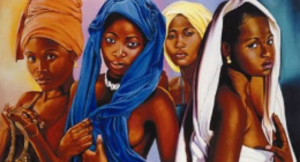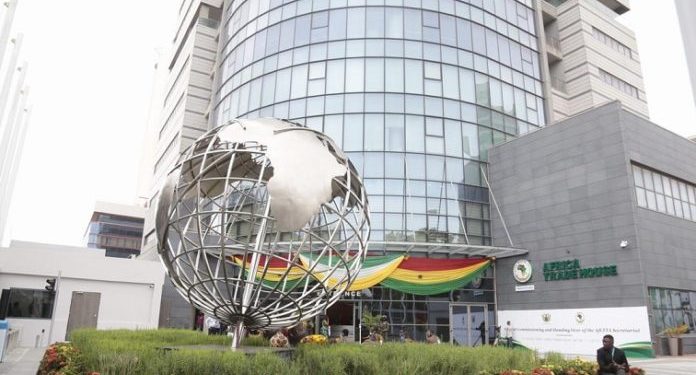How is it that we are still dealing with gender inequality, bias, and stereotype issues when women comprise half of the world’s population? Yes, gains have been made but they have generally involved breaking barriers that should have been erected over the years.
Many young girls across Africa already carry internalized beliefs about their place, worth, and role in society as a dependent, vulnerable or incapable. But they are yet urged to act accordingly reinforcing gender stereotypes and preventing girls from realizing their full potential.
We believe that education is a girl’s ticket out of suppression and stereotypical young and adult life. However, girls or women are often prevented from continuing their education even though they are eager to do so. Career women face bias and stereotypical challenges in the workplace because of the deep-rooted patriarchy of our family systems. This does not allow the woman to grow to her full potential as she envisaged herself to be.
The question we must often ask ourselves is “how is the African woman depicted in African media?”
It is not surprising to know that for African media, dark-skinned women are being portrayed as beauty ideals and objects of desire, which is a refreshing and positive thing.
Some are often seen in the kitchen or often portrayed to glorify motherhood.
However, the African media is extremely patriarchal and heteronormative. The outcome of most media portrayals is to connect women to domestic roles like motherhood and wifehood. Even in advanced or otherwise progressive countries that claim to promote equity and, equality between genders, their narrative eventually leads back to the glorification of traditional female roles in some manner in their ads or family shows.

Yes, motherhood and marriage are perfectly legit and joyous choices in a woman’s life but that choice sometimes prevents a woman from ascertaining personhood outside these institutions, and in African society, these gendered portrayals uphold the legacy of patriarchy as women remain occupied with family life while men are responsible for public life.
This system does not only impact women but men as well who develop psychological handicaps towards women who may have other aspirations other than marriage and motherhood. These men see such women as too independent to have control over, and thus men fear such women who are seen as feminists or promoters of women’s liberation; and empowerment.
Despite the progressive facade of women empowerment, we live in times that glorify conventional paths for our women, be it on TV shows, ads on billboards, women’s magazines, or posts on social media among others, the message is that marriage and motherhood are the most aspirational events in a woman’s life.
The African media has always depicted the African woman as being despaired, weeping and wailing as well as grieving mostly. This portrayal weakens the self-confidence of women and that they need a man to be strong and independent. Without the manly figure, a woman could not have full control of her emotions as well as her physical well-being.
The African woman in the media is depicted as everyone else whether you are a politician, baker, policewoman, artist or housewife, she is always represented as someone who has struggled and survived, and has been able to attain her current status. The African woman is hardly ever just a woman who is portrayed to be just relaxing and having a drink at a beach, being pampered or loved.
This stereotyping from the media ultimately blinds them from the works of women like the late feminist champion Judith Kanakuze whose work influenced not only the Rwandan political landscape but globally by pushing for the first gender egalitarian parliament in the world, and Oby Ezekwesili, the Nigerian activist who inspired the #BringBackOurGirls hashtag.

Many may not know about her or the other activist behind the campaign, yet her words have had a major impact not only in Nigeria but internationally, bringing due attention to the trafficking of girls and women and their situations in conflict areas. This helps to fight injustices against the female gender.
Perhaps, with time the media will learn to portray women as independent and not weaklings that depend on the male gender for support and strength. It is not only that African womanhood is narrated in negative ways but it takes African women a tremendous effort not to see themselves through the eyes of this distortion.


